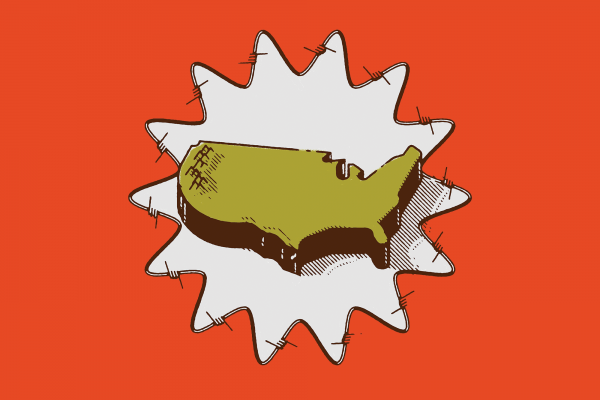HOW HAS AMERICA honored its avowed commitment to human rights over the last four years? Fellow nations will consider that question later this year during the Universal Periodic Review, a quadrennial evaluation by the U.N. Human Rights Council to which all member states are subject.
The review, scheduled for this spring before postponement due to the COVID-19 pandemic, promises a thorough accounting of U.S. progress and failings on human rights at home. Given the Trump administration’s withdrawal from global processes designed to safeguard human rights and its dubious moves to redefine the scope of human rights protections, this review is vital.
Central to human rights and our modern conception of justice is the idea of equality. No one is above the law. All should be treated fairly, without bias or favor—a value reflected in the biblical juridical instruction to not “be partial to the poor or defer to the rich” (Leviticus 19:15).
This principle of equality animates the review, a uniquely democratic process in which every nation can speak truth to every other and none is exempt. “Universality, impartiality, objectivity, and non-selectivity” are guiding principles. With no regard for American “exceptionalism,” the UPR’s egalitarian structure aims to blunt the politicized use of human rights, in the U.S. and elsewhere, against adversaries alone.
Read the Full Article

